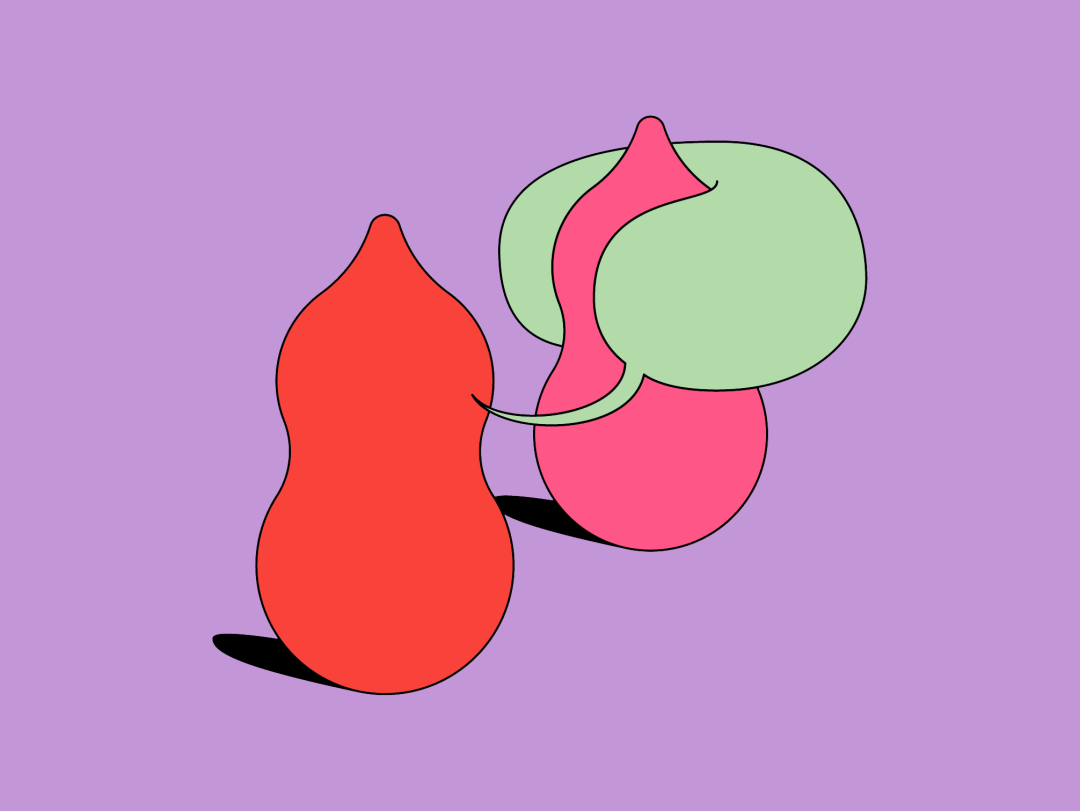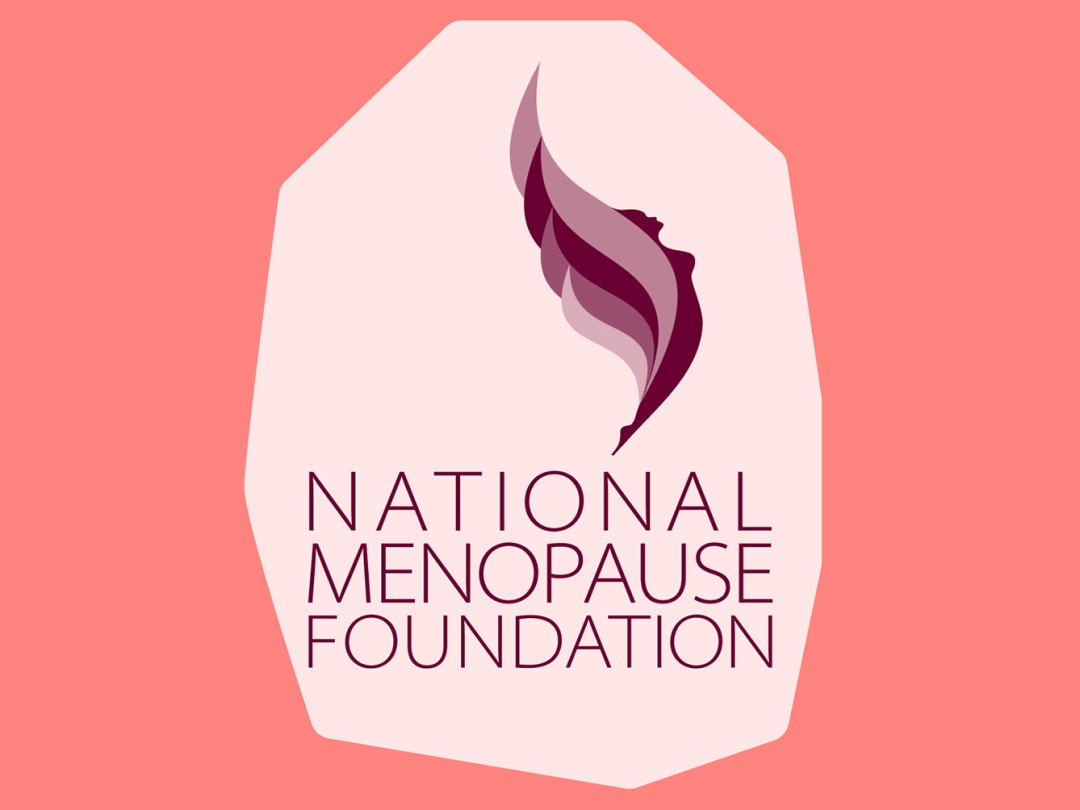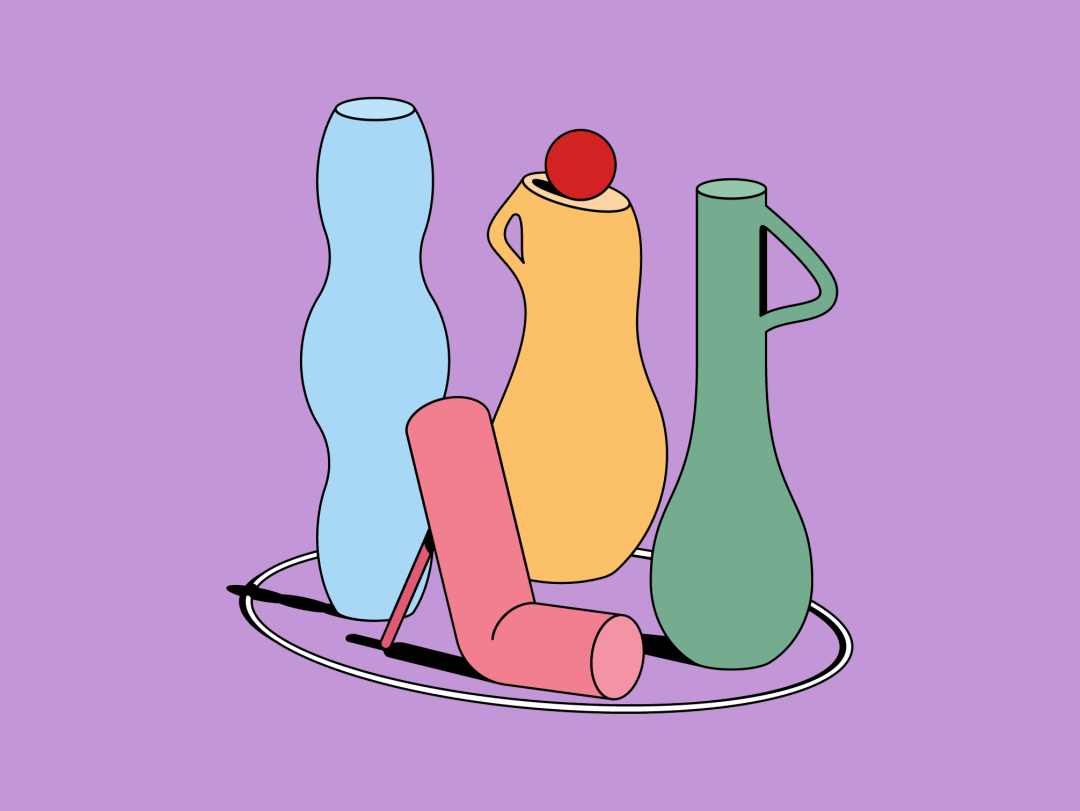#personal-essay
I Thought I Had Depression. Turns Out It Was Undiagnosed PMDD.
voices
·5 min read

by Jandra Sutton | 04/14/2022
TW: Mentions of suicidal thoughts and ideation.
I’ve spent years grappling with my menstrual health. Like many people who menstruate, there’s a lot about my cycle that I don’t know. It’s a field that’s widely understudied, despite the fact that 1.8 billion people menstruate every month around the world — which means navigating period health can feel like a minefield of unanswered questions and guesswork.
For me, all I knew were the very basics they taught us in school, like how the average menstrual cycle is 28 days long and you shouldn’t leave a tampon in too long or you’ll risk getting toxic shock syndrome. My personal knowledge, however, started and ended with the packages of pads and tampons that my parents shoved under my bathroom sink. Your period was just something that happened once a month, so what more is there to understand?
For me, and for countless others, the answer is a f**king ton.
When I first started experiencing debilitating cycles of depression in my late teens, however, I had no idea what was going on with my body. I felt like I was suffocating in my sadness—unable to think or function—as I tried to juggle both a full-time job and a full-time course load as a college senior. I couldn’t understand why I would feel happy, incandescently so, from one week to the next, only to find myself hiding in the bathroom at my job, choking back sobs while I tried to convince myself to keep going. Not even the antidepressants my doctor prescribed me scratched the surface of my depression. I remember my worst day with startling clarity. My best friend had moved across the country to live in my parents’ basement while we searched for our first apartment, and most days I was thrilled with my life. I’d graduated college six months earlier, the eating disorder I’d battled for years was finally wrestled into remission, and I was starting to plan my ultimate dream: a year-long backpacking trip around the world.
While my best friend was downstairs with my family, however, I was sitting on the floor in my childhood bedroom clutching a bottle of pills. My phone was in my other hand with the number for the National Suicide Prevention Lifeline glowing on the screen until I plucked up the courage to hit “call.” When a stranger answered, however, my hesitation disappeared and everything poured out of me: the pain I’d been experiencing, my frustration with my own brain, and the confusion I felt regarding my intensely opposing moods.
“I don’t understand,” I remember telling her. “Half of the time I’m completely fine, but half of the time I feel like I’m drowning.”
It wasn’t until three years later that I found answers. It was like something clicked in my head during a particularly bad episode, and I googled “depression before my period” only to see a result for premenstrual dysphoric disorder, or PMDD. It explained everything that I’d experienced for years—depression, suicidal thoughts, intense anxiety, and feeling like a failure—as well as the clockwork nature of my symptoms. The first two weeks of my cycle felt “normal,” like I was able to function as a human being, only for my depression and fatigue to creep out of the woodwork during the second half no matter how hard I tried to fight against it. It was like I was being gaslit by my own body.
Suddenly, however, I felt like I had hope. This phantom I’d been battling for so long had a name, meaning it wasn’t me that I was fighting against. It was PMDD. And while that was validating on a level I’d never experienced before, it was only the beginning.
Even though my gynecologist agreed with my self-diagnosis, she told me that treatment options for PMDD were scarce. Without knowing what causes PMDD, the best we had was a series of guesswork—trial and error until we found something that worked for me—and, unfortunately, those guesses weren’t always successful. From new antidepressants to hormonal birth control to ditching caffeine for years, I tried anything and everything to combat my PMDD. Hot yoga, mindfulness practice, dietary changes, an arsenal of supplements… some things made marginal improvements while others left me feeling worse than ever.
The best decision I made was downloading a period tracker and setting up a notification to alert me the day before my symptoms usually kicked in. This serves as my monthly reminder that whatever follows is my PMDD, not me, which helps me mentally prepare for the following ten to fourteen days.
While it’s not the cure I’d hoped for, simply recognizing that what I had been experiencing was PMDD helped more than I could imagine. I’ve learned to give myself grace on a daily (and monthly) basis, recognizing that the world we live in isn’t built for people struggling with PMDD and other health issues, while doing my best to lighten the load on myself. Obviously, it’s still frustrating from time to time. The lack of answers and empathy, as well as the pressure from society to perform even when my brain and body is rebelling against me, is immensely difficult to deal with for me and countless others.
However, understanding a problem is the first step to solving it, and my PMDD diagnosis made me a scientist when it comes to my own body. I’ve learned to test and experiment, to become my own best advocate — which has had positive ripple effects into all areas of my life. Is my PMDD gone? Not yet. It is better though, and I’ll take that win.
If you or someone you know may be considering self-harm or suicide, contact the National Suicide Prevention Lifeline at 1-800-273-8255 (En Español: 1-888-628-9454; Deaf and Hard of Hearing: 1-800-799-4889), or reach the Crisis Text Line by texting 'HOME' to 741741.
Jandra Sutton is a mental health advocate, writer, and speaker based in Nashville, TN. She's also the host of The Wildest Podcast, a weekly personal development podcast in 10 minutes or less, and her work has appeared in countless publications including Healthline, Fast Company, Refinery29, and more. You can follow her on TikTok, Instagram, and Twitter as she shares more about fear, failure, and getting things done.
by Jandra Sutton
discover more topics
more from voices

Why We Need to Change the Way We Talk About Periods
by Keeley McNamara, CNM, and Jen Swetzoff
07/17/2023

